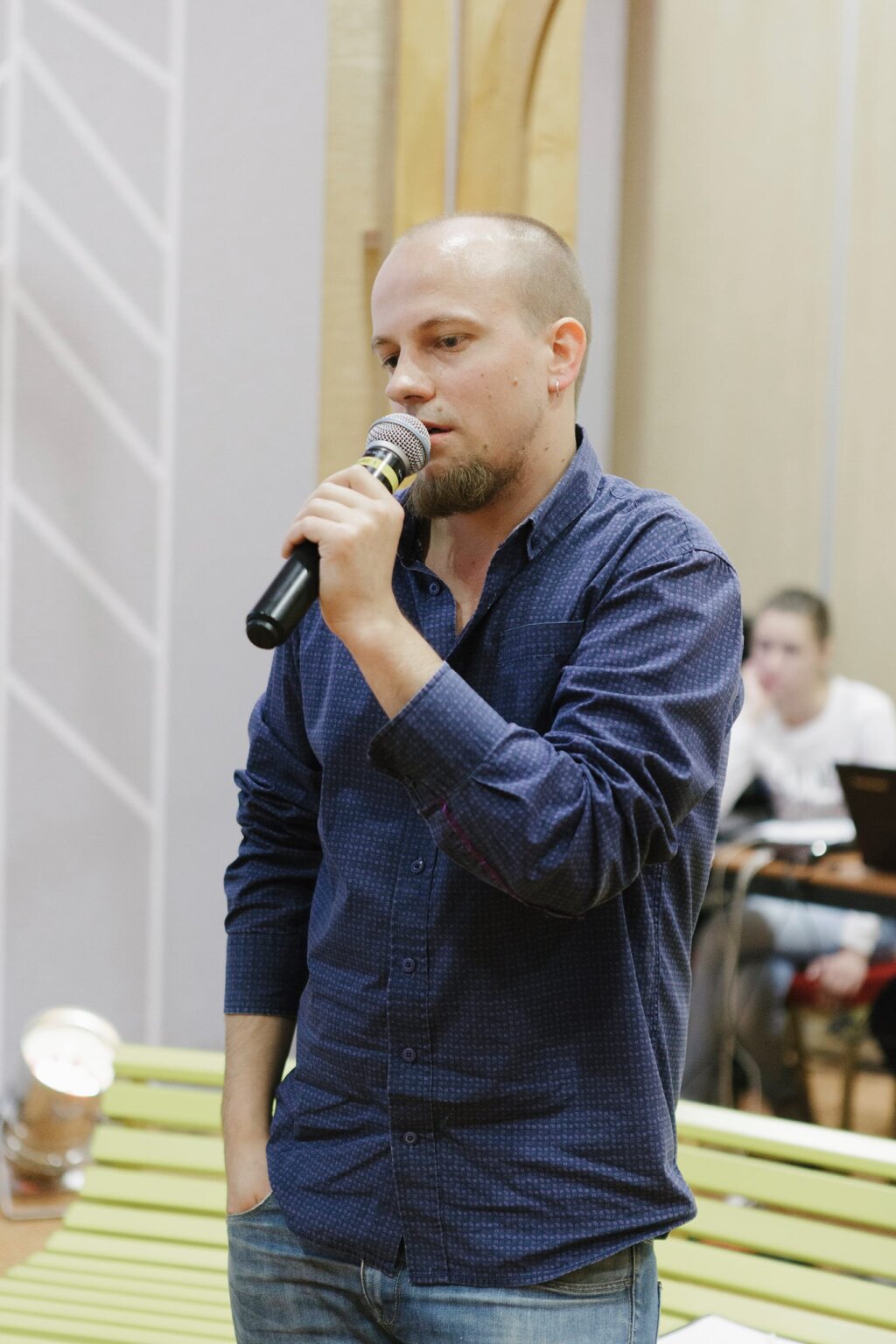Since the beginning of Russia's war in Ukraine, Russian citizens' perception of the war has been one of the central issues discussed by scholars and the public alike. While quantitative surveys attempt to describe the structure and the dynamic of Russians' support for the war, they do not show how citizens perceive the conflict, what exactly they "approve" or "disapprove" of, to whom they attribute responsibility for the invasion, and how they see their own role in the ongoing conflict. Qualitative studies are needed to understand how Russian society perceives the war. The Public Sociology Laboratory and a group of volunteers is conducting such a study. This project does not seek to objectively represent the proportions of different opinions on the war in Ukraine. Their goal is to capture and qualitatively describe the range of existing ways Russia's military action in Ukraine is perceived and to understand the logic behind the evolution of these perceptions. They rely on in-depth sociological interviews collected via face-to-face or online conversations. Respondents are recruited through the researchers' social networks, and snowball sampling is used. Currently, their dataset includes 213 anonymous sociological interviews.
This event will take place virtually on Zoom.
Oleg Zhuravlev is a sociologist. He is a researcher with Public Sociology Laboratory (Russia). He received his PhD in Social Sciences from the European University Institute (Florence, Italy). His research is focused on social movements, the sociology of knowledge, Marxism, pragmatic sociology, and the theory of the "event" as a way of thinking about empirical data in the social sciences.

